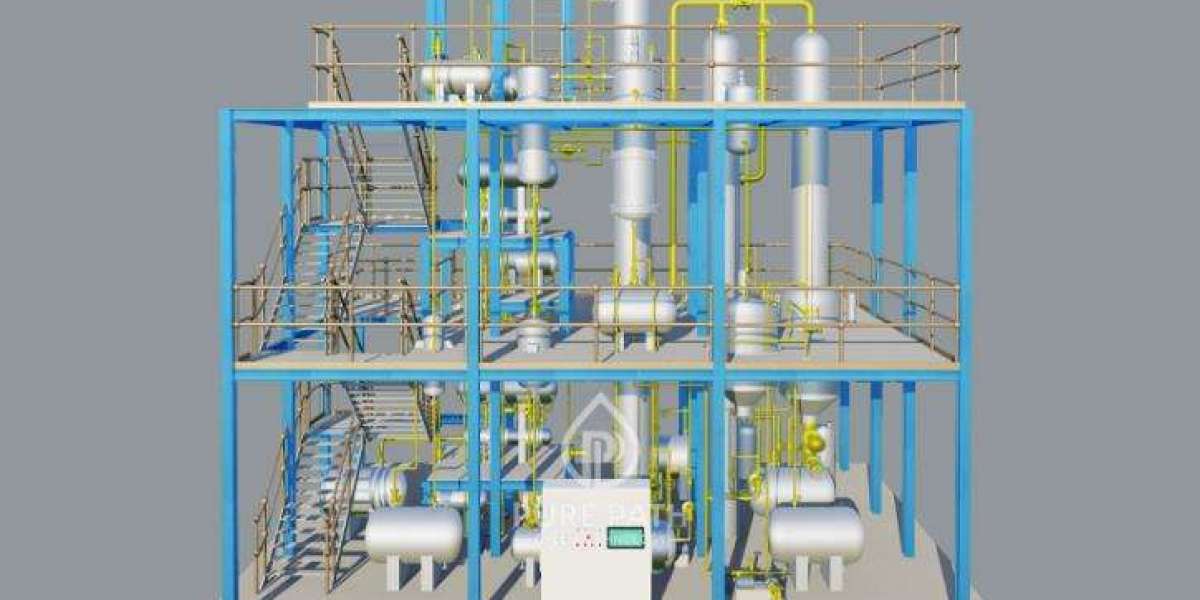The Solution: Distillation
Waste oil distillation offers a sustainable and environmentally friendly solution to this problem. This process involves heating the waste oil to separate its components based on their boiling points. The resulting products can be reused or repurposed, reducing the need for new fossil fuel extraction.
Benefits of Waste Oil Distillation
Reduced Greenhouse Gas Emissions: By recycling waste oil, we decrease the demand for new fossil fuels, which are a major source of greenhouse gas emissions. Distillation also prevents the release of harmful pollutants that would otherwise occur if the waste oil were burned or dumped.
Energy Conservation: Reusing waste oil as a fuel source can help conserve energy and reduce our reliance on non-renewable resources.
Environmental Protection: Distillation prevents waste oil from contaminating the environment, protecting water sources, soil, and air quality.
Economic Benefits: Waste oil distillation can create jobs and generate revenue for local communities.
The Distillation Process
The distillation process typically involves the following steps:
Collection: Waste oil is collected from various sources, such as automotive workshops, restaurants, and industrial facilities.
Pre-Processing: The oil is cleaned and filtered to remove contaminants.
Heating: The pre-processed oil is heated in a distillation column.
Separation: The components of the oil are separated based on their boiling points.
Product Recovery: The separated components are collected and processed further for reuse.
Applications for Distilled Waste Oil
Distilled waste oil can be used for a variety of purposes, including:
Fuel: The distilled oil can be used as a fuel for heating, transportation, and industrial processes.
Lubricants: The oil can be refined into lubricants for use in machinery and equipment.
Biodiesel: The oil can be converted into biodiesel, a renewable fuel alternative to diesel.
Conclusion
Waste oil distillation is a promising solution to the environmental challenges posed by waste oil. By recycling this valuable resource, we can reduce our reliance on fossil fuels, protect the environment, and create economic opportunities. As we continue to develop and improve waste oil distillation technologies, we can make a significant contribution to combating climate change.







